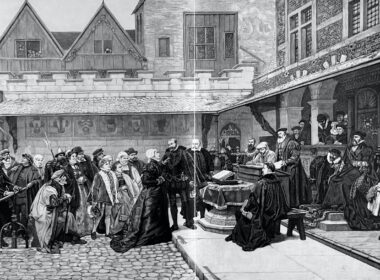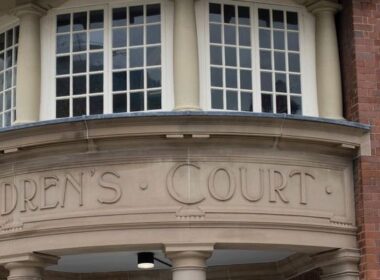Snapshot
- The most controversial of recent strata reforms are the strata renewal provisions contained in Part 10 of the Strata Schemes Development Act 2015, which allow for the collective sale or redevelopment of an entire strata scheme to a developer if 75 per cent of lot owners agree.
- Owners corporations, developers and their lawyers will need to consider a number of matters when participating in a strata renewal process.
- Lawyers will have a significant role and need to ensure the costs and other risks to their client are carefully explained and understood across the ‘end-to-end’ scope of the transaction.
The most controversial of recent strata reforms are the strata renewal provisions contained in Part 10 of the Strata Schemes Development Act 2015. Part 10 has now established a fourth category of strata termination. It will allow for a collective sale or redevelopment of an entire strata scheme to a developer if 75 per cent of lot owners agree. This has been made law against the lobbying of some advocates because those in dissent of the collective sale or redevelopment will have to sell their units against their wishes. The Part 10 provisions are prescriptive and process-driven, and there are many traps that an owners corporation (‘OC’) can get caught in if they do not receive detailed advice.
This article will focus on some of the matters that OCs, developers and their lawyers will need to consider in participating in a strata renewal process. Freehold strata schemes can be terminated in one of three ways under the Strata Schemes Development Act 2015 (‘the Act’).
(i) If there is the unanimous approval of each owner in the scheme, and there do not appear to be other significant competing interests, then an application to the Registrar-General can be made at relatively low cost.
(ii) Where the unanimous approval of individual owners cannot be obtained, then it is possible to make an application to the Supreme Court of NSW for an order terminating the strata scheme.
(iii) On 30 November 2016, a third method of termination was introduced in NSW allowing for a collective sale or redevelopment of a freehold strata scheme. The new provisions were inserted into Part 10 of the Act and with the aim of freeing up prime sites from underutilised and aged buildings under the policy of ‘urban renewal’.




